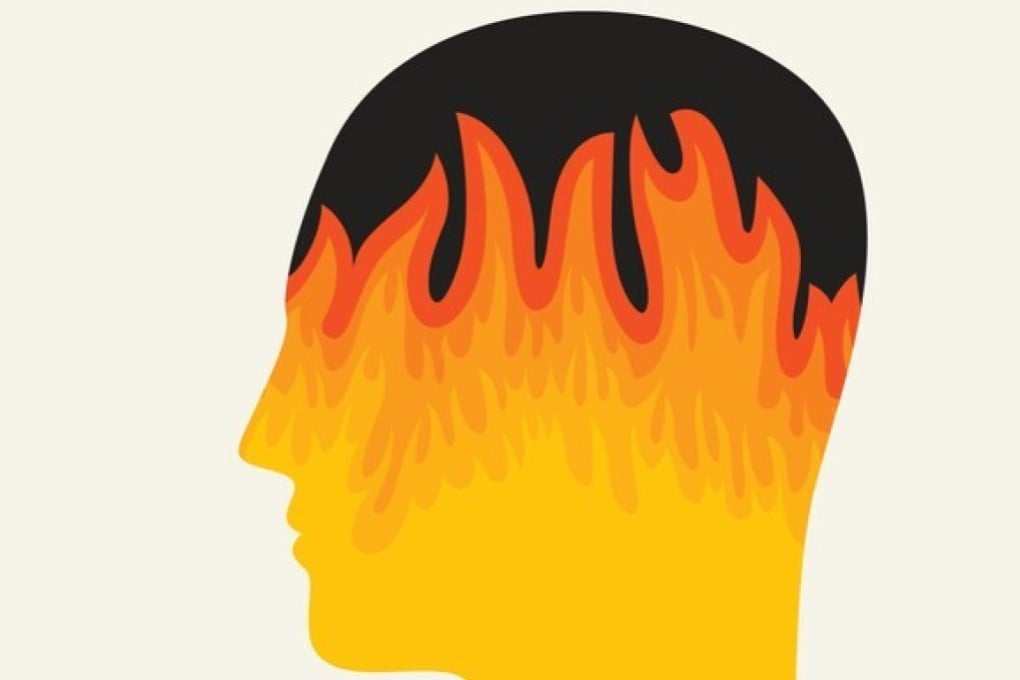Advertisement
How to be mindful when you really are not in the mood
- Airing your grievances toward people whose opinions offend you can feel amazing – temporarily
- Practising mindfulness when your natural reaction is anger can make you happier in the long run
Reading Time:3 minutes
Why you can trust SCMP

Very little in life feels quite as fantastic as replying to someone who’s gone ahead and done you wrong with a heartfelt “go eff your actual self”.
In that moment, telling someone off and getting something off your chest makes you feel so much better.
But an hour or so later? Not so much.
Advertisement
See, what happens after you open your mouth or let loose your typing fingers to unleash the proverbial fury is that you’re left feeling like an unhinged bully who can’t blend in in polite society. And once your rational mind kicks back in, you’ll be left to contend with a lapful of consequences for your momentarily delicious actions.
Advertisement
A thing called mindfulness, when properly learned and applied, can do wonders here.
Advertisement
Select Voice
Choose your listening speed
Get through articles 2x faster
1.25x
250 WPM
Slow
Average
Fast
1.25x